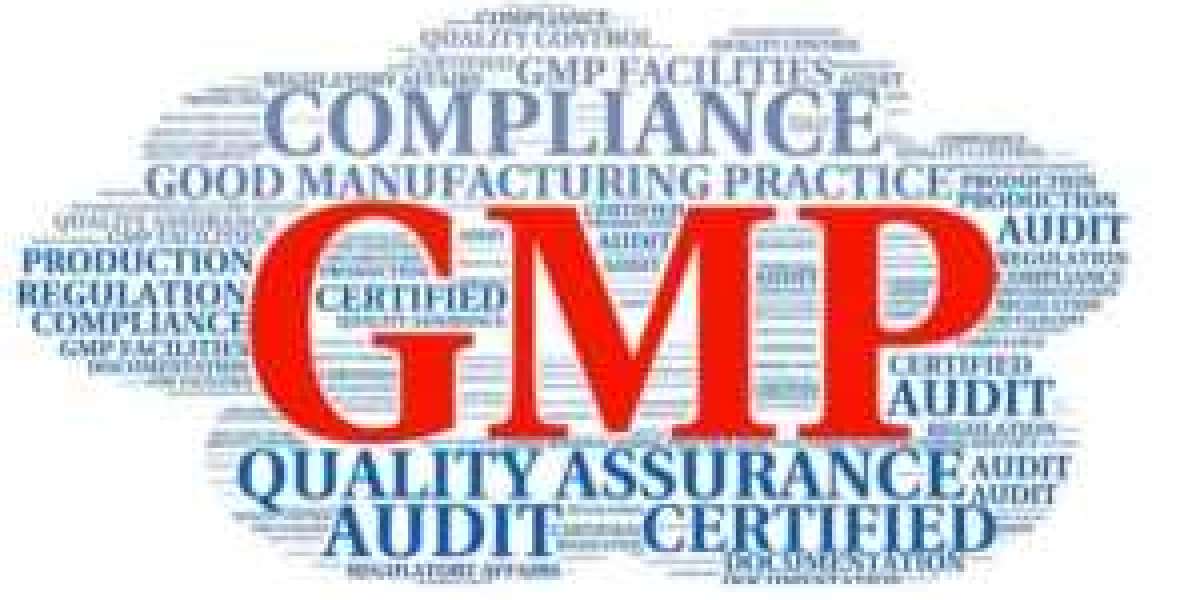Good Manufacturing Practice (GMP) training is an essential component of the pharmaceutical, food, and other regulated industries. It plays a crucial role in ensuring product quality, safety, and compliance with regulatory standards. In this article, we will explore the significance of GMP training and its impact on various industries.
1. Regulatory Compliance: GMP training is the cornerstone of regulatory compliance in industries where products directly impact human health. Adhering to GMP guidelines, as laid out by organizations like the FDA, EMA, and WHO, is essential to avoid costly penalties and product recalls. Proper training ensures that employees understand and implement these standards effectively.
2. Quality Assurance: GMP training instills a culture of quality within an organization. It educates employees about the critical aspects of manufacturing, including hygiene, equipment maintenance, and record-keeping. By emphasizing these practices, GMP training helps prevent errors and contamination, ultimately leading to higher product quality and customer satisfaction.
3. Risk Mitigation: GMP training equips employees with the knowledge to identify and mitigate potential risks in the manufacturing process. From identifying potential sources of contamination to ensuring equipment is properly calibrated, training reduces the likelihood of costly mishaps and product defects.
4. Efficiency and Productivity: Properly trained employees are more efficient in their roles, reducing downtime and improving overall productivity. GMP training helps workers understand the importance of standard operating procedures (SOPs) and how deviations from these procedures can lead to delays and inefficiencies.
5. Employee Safety: GMP standards also include guidelines for employee safety, ensuring that workers are protected from potential hazards in the workplace. GMP training not only improves product quality but also reduces workplace accidents and related costs.
6. Consumer Trust: In industries where products directly impact public health, consumer trust is paramount. GMP training helps companies demonstrate their commitment to quality and safety, thereby enhancing their reputation and customer trust.
7. International Expansion: GMP is not limited to a single country. Training ensures that employees are familiar with global standards, facilitating international expansion and trade by meeting the diverse regulatory requirements of different markets.
8. Continuous Improvement: GMP training is not a one-time endeavor. It encourages a culture of continuous improvement within organizations. As regulations evolve, employees are updated on the latest requirements and best practices, ensuring that companies stay in compliance.
9. Cost Reduction: GMP training may seem like an expense, but in the long run, it can save companies significant amounts of money. By preventing costly product recalls, regulatory fines, and inefficiencies, it ultimately contributes to cost reduction.
In conclusion, GMP training is an indispensable element for industries that manufacture products affecting public health and safety. It ensures compliance with regulatory standards, enhances product quality, reduces risks, and fosters a culture of quality and safety within organizations. Furthermore, it contributes to improved efficiency, employee safety, and consumer trust. Companies that invest in GMP training not only meet regulatory requirements but also position themselves for sustainable growth and success in today's highly competitive global market.








